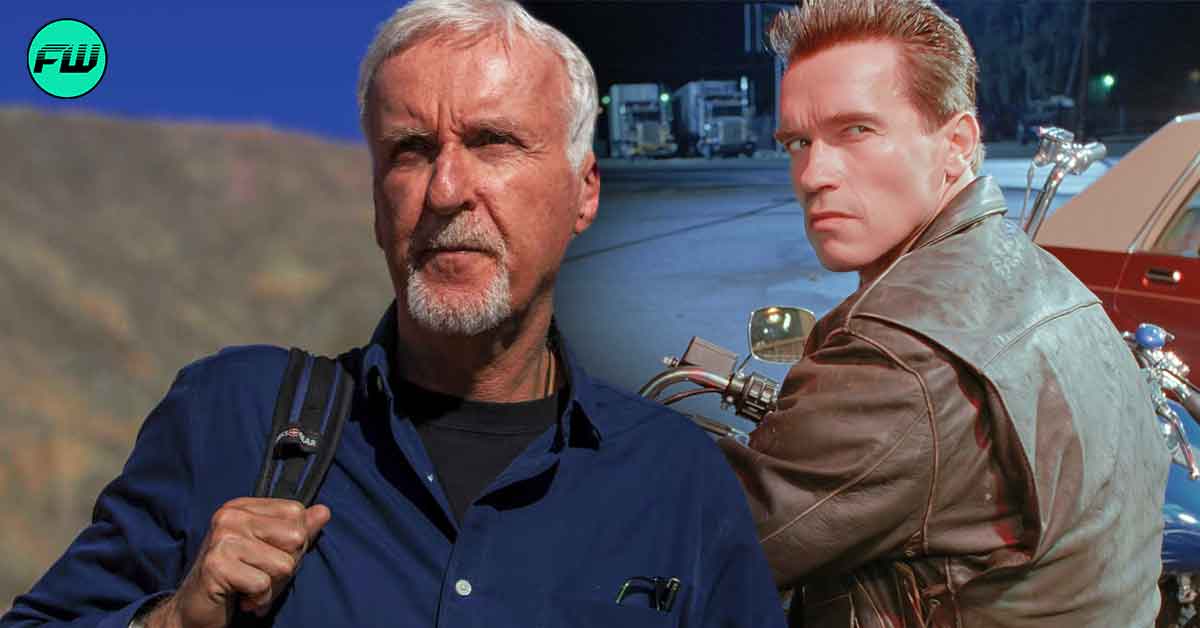James Cameron is among Hollywood’s most notable and praise-worthy talents. A simple glance at his diverse yet uber-successful filmography is substantial in telling us of the stature he enjoys in the industry. Some of the most mind-blowing, visually engaging, innovative, and intriguing pursuits have been created under the guidance of the esteemed director.
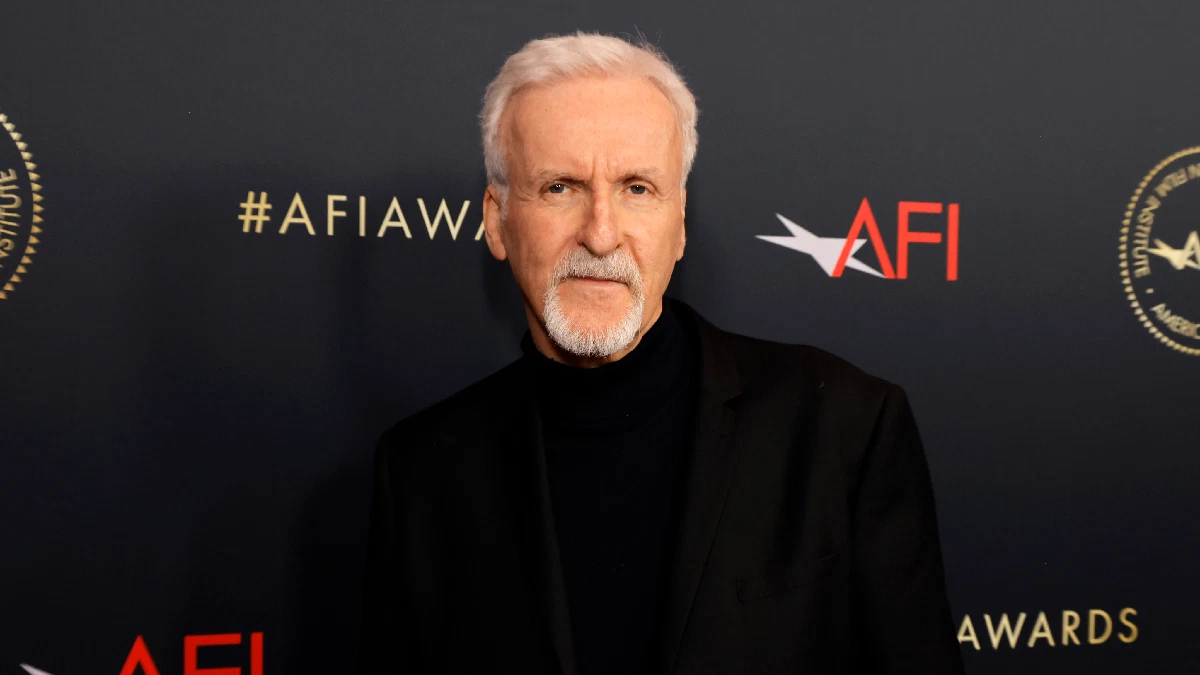
As a filmmaking veteran, it only makes sense for him to have worked with notable stars such as Sylvester Stallone and Arnold Schwarzenegger. In a 1991 interview, Cameron was once asked to provide a comparison between the two Hollywood actors, who were at the time known for their shared rivalry and one-upmanship.
Although the Avatar director struggled to distinguish between the two, his thoughtful response highlighted the complex cultural landscape of Hollywood at the time, which often glorified hyper-masculine roles.
James Cameron Called Himself A Hard-Core Feminist
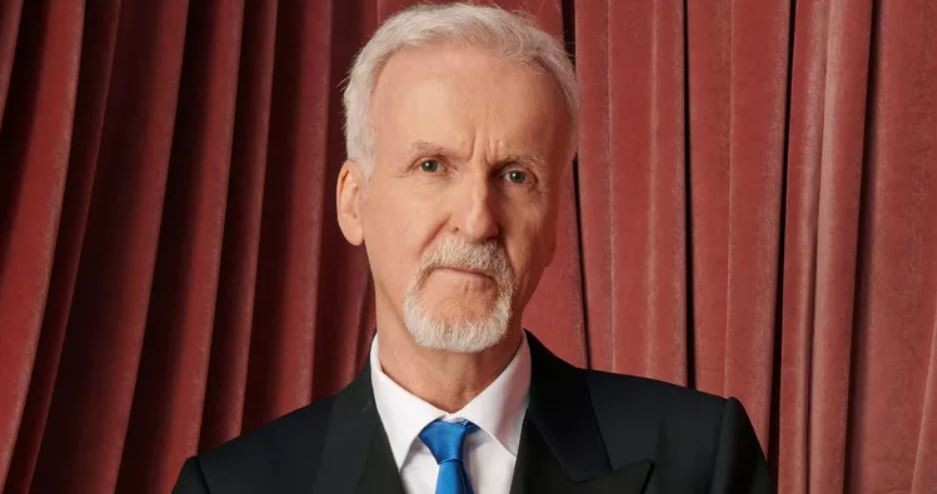
Aside from the inventive and unique plots that drive the majority of Cameron’s cinematic endeavors, the filmmaker has also been praised for the way he portrays female characters in his films. Whether it be Avatar‘s Neytiri, Terminator‘s Sarah Connor, or Aliens’ Ellen Ripley—James Cameron has never shied away from casting women in multidimensional and intricate roles that challenge societally entrenched gender stereotypes.
In a 2016 interview with Vulture, while shedding light on Hollywood’s iconic female characters and his contributions to such empowering depictions, the Canadian director once emphasized how much of a feminist he is:
“I’m basically a pretty hardcore feminist. I have no problem writing a script in which the males become subservient to the females, which is what happens in Aliens … It’s up to Ripley to win the day. There aren’t too many male writers and directors who feel comfortable doing that. I guess it’s deeply hard-wired.”
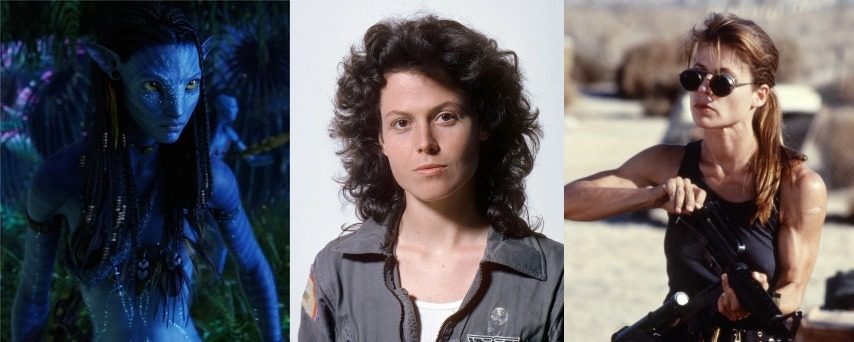
Read also: James Cameron Despised $300M Sylvester Stallone Movie, Called its Violence “Amoral”
In an interview with the LA Times, back in 1991, the filmmaker was questioned about his commitment to featuring strong, independent female characters in the majority of his films. To this, Cameron said:
“It is just something that feels right to me. Personally, I only feel comfortable with women that I can respect, that can hold their own, that have some kind of strength of character. And I think that translates into the women that I write for films. I don’t necessarily consider things like strength of will, courage, etc., to be masculine attributes.”
To have these characters feel life-like and multidimensional, they needed to be penned from the female perspective. Cameron credits the popularity of characters such as Linda Hamilton’s Sarah Connor and Sigourney Weaver’s Ellen Ripley to their “emotional” aspect.
They were not only limited to their physical or intellectual strength. Giving them a nurturing character trait made these roles stand out, especially at a time when Hollywood action movies became synonymous with hyper-masculine personas.
Hollywood’s Celebration Of “Ultra-masculine Characters” Depressed James Cameron
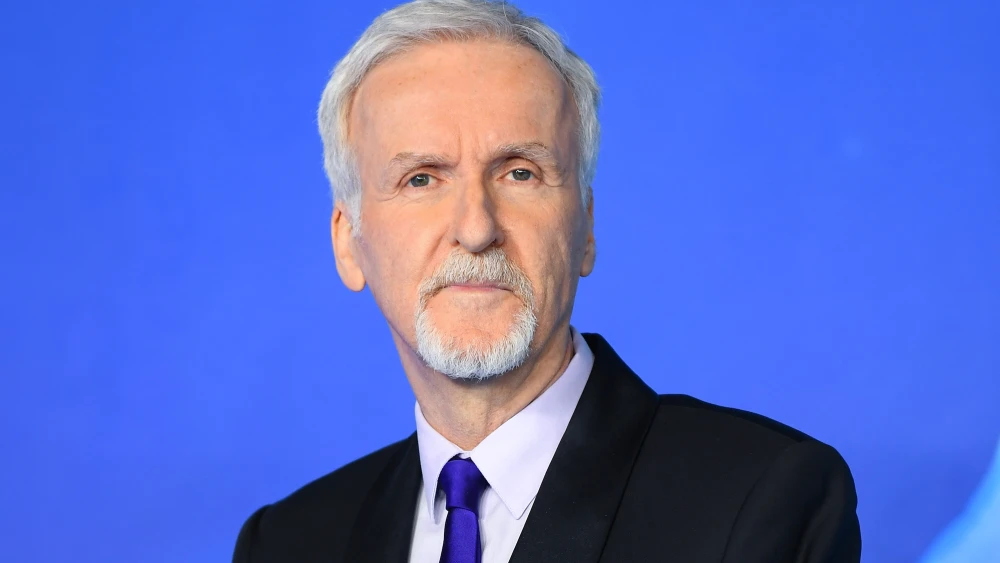
With 1984’s The Terminator and its subsequent sequel, Arnold Schwarzenegger was establishing himself as an international phenomenon. Other endeavors also contributed to the actor’s success at the time but the James Cameron-helmed Terminator initiatives cemented the actor’s stature as a noteworthy figure in the sci-fi action genre.
Besides Schwarzenegger, another man’s rise to prominence in the action genre back in the 80s-90s astounded many. Having created a worldwide buzz with two notable franchises, mainly Rocky and Rambo, Sylvester Stallone was being hailed as one of the definitive faces of the uber-masculine action hero trope.
James Cameron had worked with both. However, it is interesting to note that his association with Stallone was considerably brief, with Cameron co-writing Rambo: First Blood Part II. When he was asked to compare the two, The Terminator director had the following to say:
“I know very little about Stallone because my work with him consisted of one lunch to discuss the script […] So I can’t really compare the two. It’s interesting that the two highest-paid stars in the world are these kind of ultra-masculine characters. I guess that’s the thing that translates cross-culturally. Which is depressing, if you analyze it.”

Read also: Steven Spielberg’s Net Worth: Is He Richer than James Cameron and Christopher Nolan?
The commercial recognition that Stallone and Schwarzenegger garnered for their portrayal of uber-masculine characters was what Cameron found intriguing. This revelation, however, also felt depressing to the director.
The widespread acceptance of these characters revealed a concerning phenomenon that was ubiquitous not just in Hollywood’s cultural environment but also in other societies and cultures. If we analyze why such hyper-masculine traits are celebrated, we will be presented with certain troubling implications behind its glorification.
Furthermore, the two actors’ highest-paid stature at the time demonstrated how women and their on-screen depictions even beyond the action genre were frequently unappreciated or undervalued when juxtaposed with their male counterparts.
We’ve come a long way with the efforts of filmmakers like James Cameron to bring forth stability and balance to such occurrences. Alas, much more remains to be done to establish a state of parity in the film industry.

